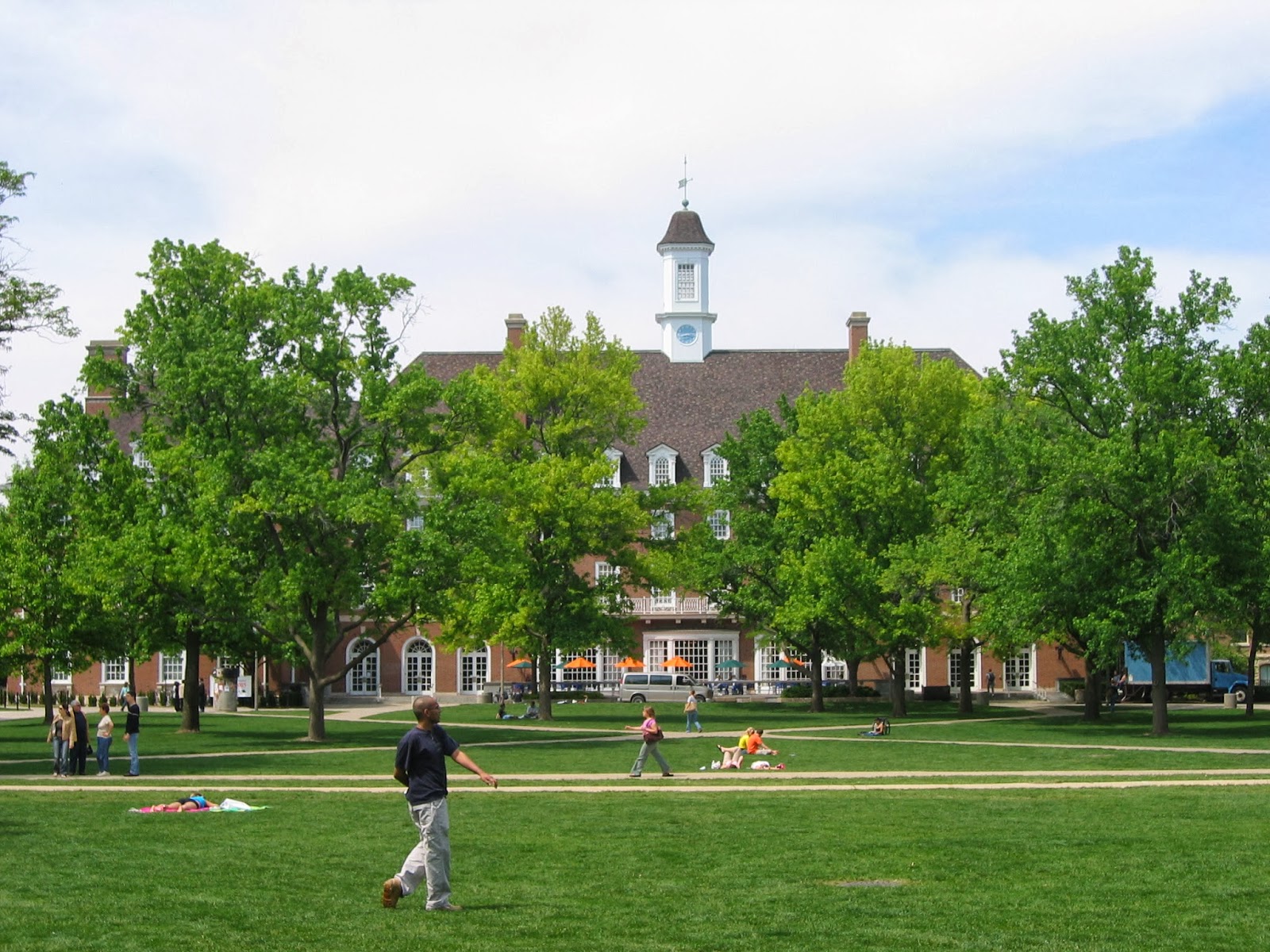by Caroline Clasby
 |
A controversial image depicting an immigrant
selling Eiffel towers in Paris with a shirt that reads ‘I Love Paris.'"
Image Source |
Since the 1980s, there has been an influx of both North African and Sub-Saharan African immigrants to the European Union. A large majority of these immigrants have come seeking asylum from oppressive governments and poverty, but many have also come in order to seek better educational and career opportunities. Regardless of their reasons for migrating, these immigrants, like any others, have brought with them their own cultures, customs, and languages into an already extremely diverse institution of EU nation-states. In reaction to this increased immigration and introduction to these new and different cultures and customs, some European citizens have taken the initiative to protect their national identities, as well as what they perceive to be a common European identity. This “protection” against these other cultures is observable in the spread of xenophobic views and attitudes towards the immigrants, particularly by far-right political parties and their adherents. With growing support across a number of European countries for the xenophobic attitudes espoused by nationalist parties, there is a concern that such attitudes prevail among too many EU citizens.
1
On October 21, 2013, Dr. Alma Gottlieb, professor of anthropology at the University of Illinois, Urbana-Champaign gave a lecture titled, “Immigration Issues from Below: Africans in Europe.” Professor Gottlieb talked about African immigrants, their reasons for migrating to the EU, the struggles they encounter when migrating, and the relationships between the EU citizens and these African immigrants. According to Dr. Gottlieb, an important question to ask is: how do EU citizens react to these new African immigrants?
2 And, to add to that, one may well ask, what has caused these reactions often to be negative?
When African immigrants migrate to EU countries, they often bring their own religions—Islam, different sects of Christianity, and/or indigenous practices and, sometimes they bring cultural practices such as female genital cutting and polygamy (both of which are actually illegal according to EU law).
3 These practices may be quite different from traditional European cultural and religious “norms.” Thus, when introduced to these new practices, many EU citizens are often offended by these practices because they greatly contrast with their own national and EU morals and values. These feelings often result in many EU citizens’ fear against these immigrants whom they perceive as “others” and the immigrants’ increasing population in the EU. In retaliation of this fear, there has been a rise in far-right parties that have established strong anti-immigrant views as part of their platforms; and, as these parties become more “mainstream” in EU politics, many EU citizens adopt these same xenophobic attitudes. These far-right parties and their followers have used means to show these immigrants that they do not belong in EU countries such as: blaming undocumented immigrants (and even those who have sought asylum) for the current debt crisis and denying them full access to health care, providing these immigrants with inadequate housing and schooling in ghetto areas, and discriminating against them in the job market. There have even been several documented accounts of violence against the immigrants.
4 Each of these actions and/or attitudes come from different sources with different means of motivations, but their common target seems to be the vulnerable immigrant population.
In spite of this xenophobic mentality that has arisen, there are several organizations and government institutions that are fighting against it. For example, the European Network Against Racism is an organization that is trying to stop “…racism and discrimination based on colour [sic], ethnicity, national origin, nationality, religion, culture, language or legal status” in the EU.
5 The EU Commission, too, is fighting xenophobia by enforcing “criminal law” on those who perform racist acts against others.
6 However, even though these types of organizations exist and can give immigrants hope for justice and equality, they still have a long way to go to change the mentality of the far-right parties and many EU citizens. As a consequence, unfortunately, African immigrants will continue to struggle for integration and social acceptance into the EU as long as xenophobia continues to play a significant part in society.
Caroline Clasby is a first year MAEUS student. She received her Bachelor’s degree in History and French from the University of Illinois in 2012. During her undergrad, Caroline also studied abroad in Paris, France; and, after graduating, she spent a year in Montargis, France, as an English teaching assistant at a secondary school. Caroline has been awarded a Foreign Language and Area Studies (FLAS) Fellowship to study the Arabic language for the 2013-2014 school year. Additionally, Caroline has spent her last six summers as a technology specialist for her local public school district.
Works Cited
“About ENAR: Who We Are.” European Network Against Racisim.
http://www.enar-eu.org/ (accessed October 31, 2013).
“A controversial image depicting an immigrant selling Eiffel towers in Paris with a shirt that reads ‘I Love Paris.’” By Hdepot. September 31, 2010.
http://commons.wikimedia.org/ (accessed October 31, 2013).
Alma Gottlieb. “Immigration Issues from Below: Africans in Europe.” European Union Center and Center for African Studies. University of Illinois Champaign-Urbana. October 21, 2013.
European Commission. “Framework Decision.” Europa.
http://ec.europa.eu/ (accessed October 27, 2013).
European Commission. “Racism and Xenophobia.” Europa.
http://ec.europa.eu/ (accessed October 27, 2013).
EU legislation. “Family Reunification.” Europa, October 27, 2011.
europa.eu (accessed February 15, 2014).
European Commission. “Eliminating female genital mutilation.” Europa, January 21, 2013,
http://ec.europa.eu/ (accessed February 15, 2014).
Ford, Glyn. “In the Wake of Xenophobia: The New Racism in Europe.” UN Chronicle, September 2007.
http://unchronicle.un.org/ (accessed February 15, 2014).
Jacobsen, Henriette. “Doctors warn of rising xenophobia in Europe’s healthcare systems.” EurActiv, April 10, 2013.
http://www.euractiv.com/ (accessed February 14, 2014).
Hall, Ben. “Immigration in the European Union: problem or solution?” OECD Observer, June 2000.
http://www.oecdobserver.org/ (accessed February 14, 2014).
Hammarberg, Thomas. “Human Rights in Europe: No grounds for Complacency.” Council of Europe Publishing, 2011.
http://www.coe.int/t/commissioner/Viewpoints/ISBN2011_en.pdf (accessed October 30, 2013).
Soares da Silva, João. 2011. Report on “Human rights in europe: No grounds for complacency speaker: Thomas Hammarberg, Commissioner for Human Rights, Council of Europe.” CEPS. 2011.
http://www.ceps.be/ (accessed October 27 2013).
1 Alma Gottlieb, “Immigration Issues from Below: Africans in Europe,” European Union Center and Center for African Studies, University of Illinois Champaign-Urbana, October 21, 2013; and, Ben Hall, “Immigration in the European Union: problem or solution?,” OECD Observer, June 2000, http://www.oecdobserver.org/ (accessed February 14, 2014); and, Glyn Ford, “In the Wake of Xenophobia: The New Racism in Europe,” UN Chronicle, September 2007. http://unchronicle.un.org/ (accessed February 15, 2014).↩
2 Gottlieb, “Immigration Issues from Below.” ↩
3 Gottlieb, “Immigration Issues from Below.”; and, EU legislation, “Family Reunification,” Europa, October 27, 2011, europa.eu (accessed February 15, 2014); and, European Commission, “Eliminating female genital mutilation,” Europa, January 21, 2013, http://ec.europa.eu/ (accessed February 15, 2014).↩
4 Ford, “In the Wake of Xenophobia”; and, Henriette Jacobsen, “Doctors warn of rising xenophobia in Europe’s healthcare systems,” EurActiv, April 10, 2013, http://www.euractiv.com/ (accessed February 14, 2014); and, Thomas Hammarberg, “Human Rights in Europe: No grounds for Complacency,” Council of Europe Publishing, 2011, http://www.coe.int/t/commissioner/Viewpoints/ISBN2011_en.pdf (accessed October 30, 2013), 32 and 38; European Commission, “Framework Decision,” Europa, http://ec.europa.eu/ (accessed October 27, 2013); and, European Commission, “Racism and Xenophobia,” Europa http://ec.europa.eu/ (accessed October 27, 2013).↩
5 Quoted in “About ENAR: Who We Are,” European Network Against Racism, http://www.enar-eu.org/ (accessed October 31, 2013).↩
6 Quoted in European Commission, “Framework Decision.” See also, European Commission, “Racism and Xenophobia”↩

Fighting Xenophobia: African Immigrants and Their Struggle for Integration in the EU




















